What Is Scuba Diving? A Guide For Complete Beginners
Have you ever wondered what is scuba diving?
Scuba diving is an incredible activity because it lets you explore a whole new world.
Scuba diving is a water sport in which you use an apparatus to breathe underwater. It’s a popular activity because it allows divers to explore areas that are inaccessible to regular swimmers. It also can take you to some of the most beautiful and exotic locations on earth.
When you submerge, you will notice that everything becomes peaceful and quiet. At that moment, the feeling that you are floating sets in, and all your worries disappear. The tranquil setting and sound of your own breath underwater can be a calming experience, leading some to consider diving a form of meditation. It’s a great way to relax and escape from the stress of everyday life.
So, what is scuba diving?
Scuba stands for self-contained underwater breathing apparatus. It is a specialized form of diving that uses compressed air to supply breathable air to divers while they are underwater.
Contrary to popular belief, scuba divers’ breathing mixture is not pure oxygen, but the same air we breathe above the surface of the water, containing 78% Nitrogen, 21% oxygen, and 1% other gases.
When you advance on your certifications levels, you will get to know that other mixtures of gases are possible, like nitrox and trimix. But let’s keep it simple for now.
What is the difference between diving and scuba diving?

The primary difference between scuba diving and free diving is that scuba diving uses compressed air and a breathing apparatus. With this supplemental air, they can be underwater for a longer period of time, while free diving does not use any external supply of air.
Free divers, on the other hand, rely on their breath to stay underwater. This means that they can only dive for short periods of time before having to come up for air. The air in their lungs is the only source of oxygen they have while diving, and so they must learn how to control their breathing to maximize their time underwater.
Who can scuba dive?
There are many misconceptions about diving. Some people believe that you need to be a professional swimmer or diver to enjoy this activity. Others think that you need to be in excellent physical condition.
The truth is that diving is for anyone over 10 years old with a spirit for adventure. It does not matter if you are male or female, old or young, fit or unfit, as long as you are in good health.
There are options for 8-10 years children as well, so check with the dive school if that is the case.
However, if you have a health issue like asthma, heart disease, back problems, or ear problems, it is essential to visit a doctor before engaging in this activity. Your doctor will be able to advise you on whether diving is safe for you or not. If you are cleared to dive, make sure to take all the necessary precautions to stay safe while underwater.
Is scuba diving safe?
Many think of scuba diving to be quite dangerous, but as long as you stick to the guidelines and safety measures put in place by authorities, it can be a relatively safe activity.
Scuba diving is not without risk, but with proper training and adherence to established safety protocols, the risks can be minimized.
In order to dive safely, you must be certified and have the necessary training, and above it all, dive within your limits.
You should also never dive alone, and always have an adequate supply of air and emergency equipment. By following these simple guidelines, you can enjoy scuba diving without putting yourself at risk.
It is also a great way to maintain physical and mental health, and it combines all the benefits of meditation. Not only will you exercise your body, but also your mind. All this in a positive, encouraging atmosphere.
Do you need a certification to scuba dive?
The simple answer is no, but certification is one way to ensure your safety while scuba diving. A certification from a recognized certification agency such as PADI or NAUI can make you a safer diver by increasing your knowledge of diving safety protocols. Certification may also be required by some Dive Operators in order for you to dive with them.
If you are not sure if you will like scuba diving or do not want to engage in a course, many dive operators offer a discovery scuba dive. These dives last around 25 minutes and let you experience the sport without any prior knowledge or instruction. This type of dive can be a great way to get introduced to it.
How To Get A Scuba Diving Certification?
The best way to learn how to scuba dive is with a certification from a recognized training and certification organization. Certification organizations offer different levels of certification, from beginner to instructor, and different types of training, including classroom instruction, pool training, open water training, and diving trips. Many organizations also offer continuing education (CE) credits for certified divers.
In conclusion, diving is an incredibly fun and rewarding experience that can be enjoyed by people of all ages. If you are interested in learning more about diving or want to take the plunge and start learning, be sure to check out a local dive shop or Scuba school.
Some of the major organizations that offer scuba diving certification are NAUI, PADI, and SSI.
So what are you waiting for? Get certified and start diving!
Disclosure: This post may contain affiliate links, which means that DIVEMONDO may receive a small commission if you make a purchase using these links. As an Amazon Associate this website earn from qualifying purchases.

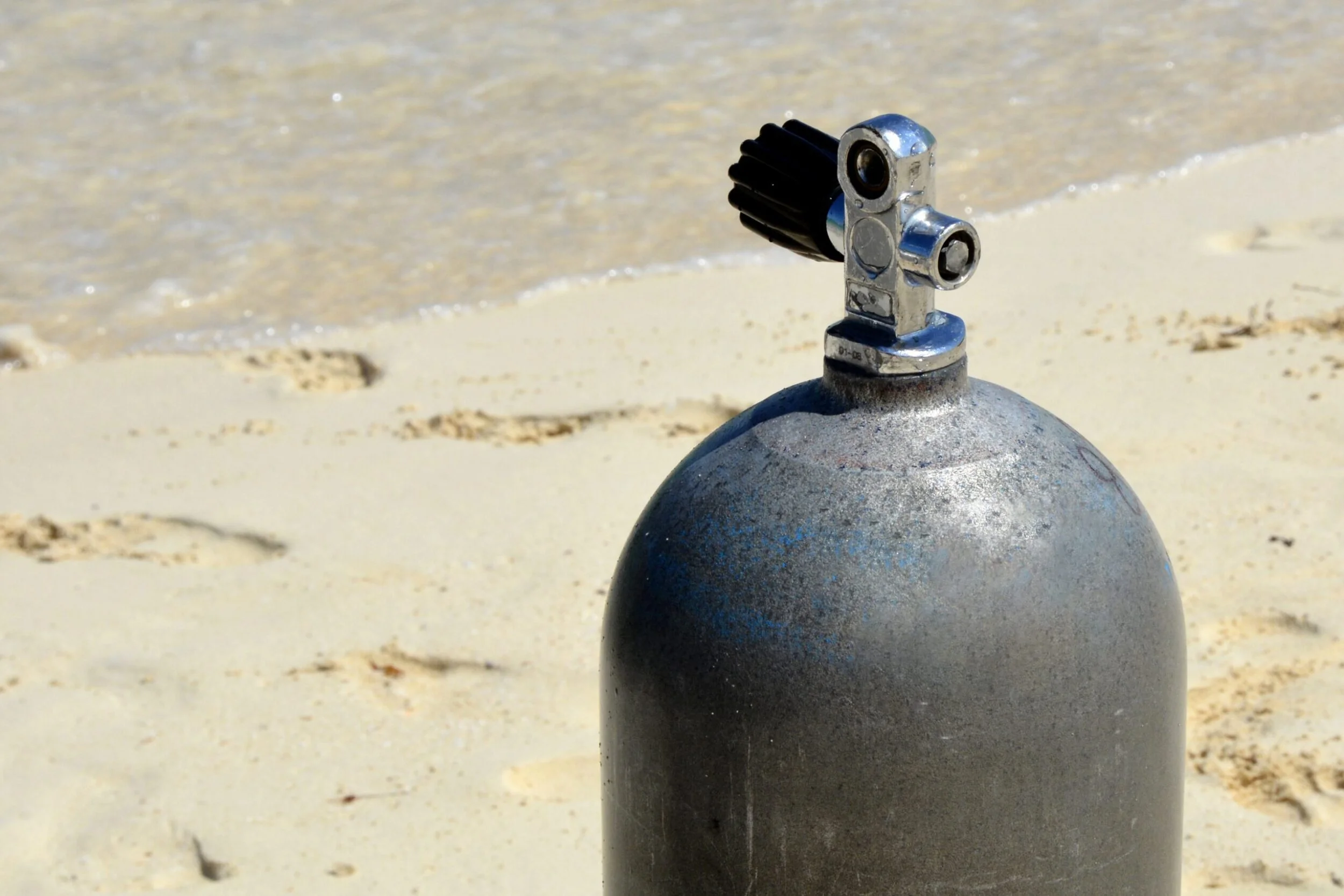

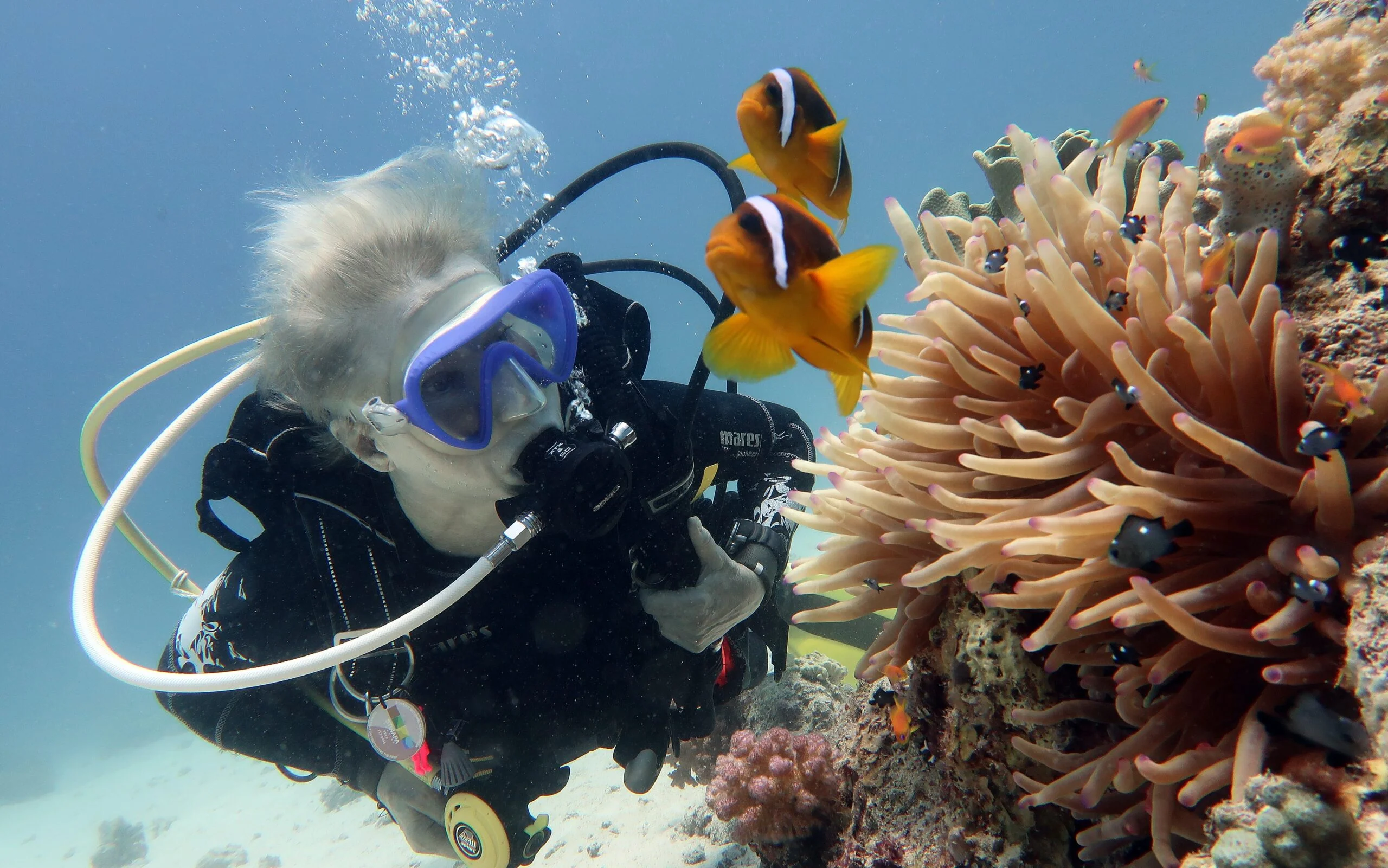
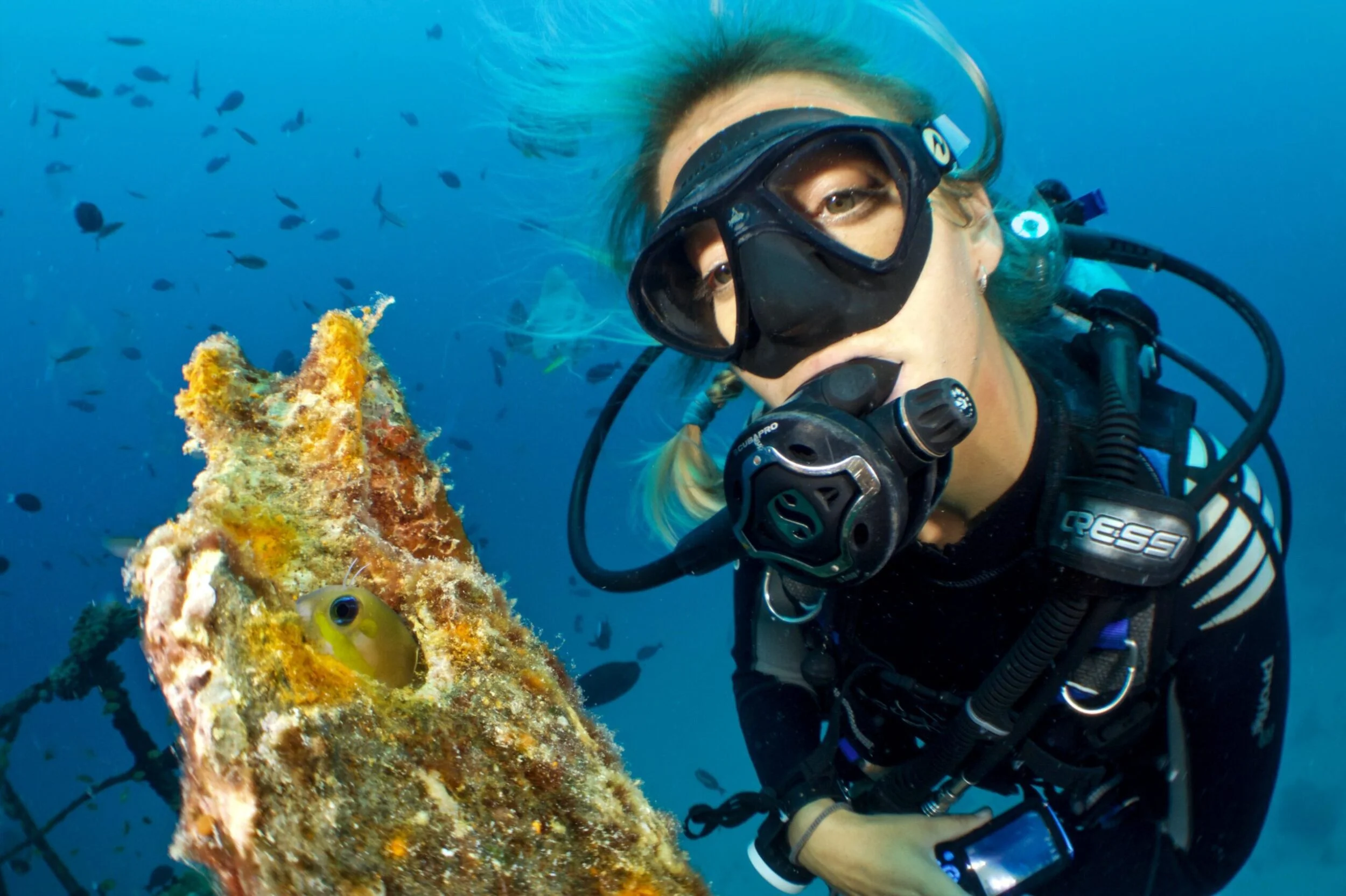
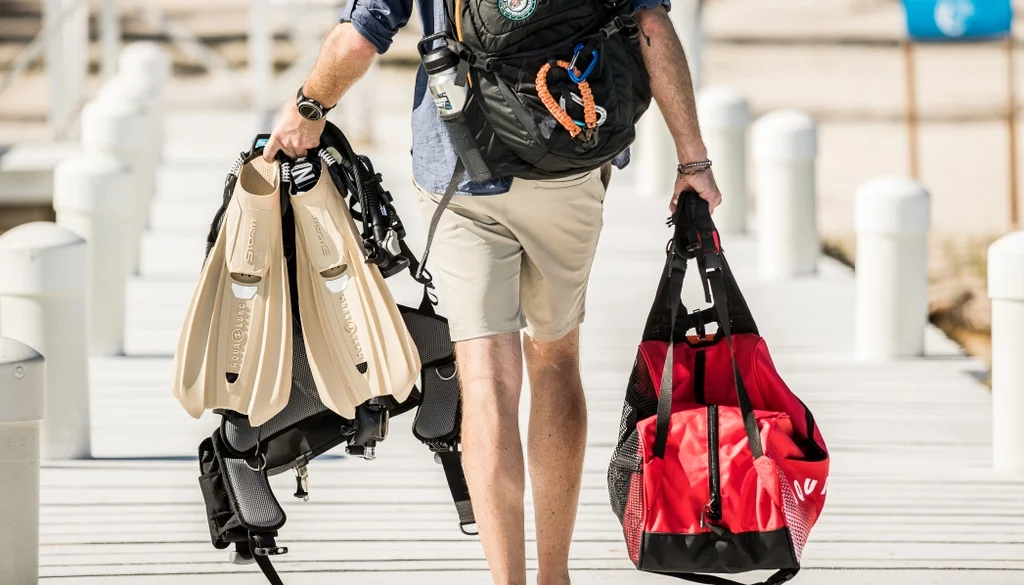
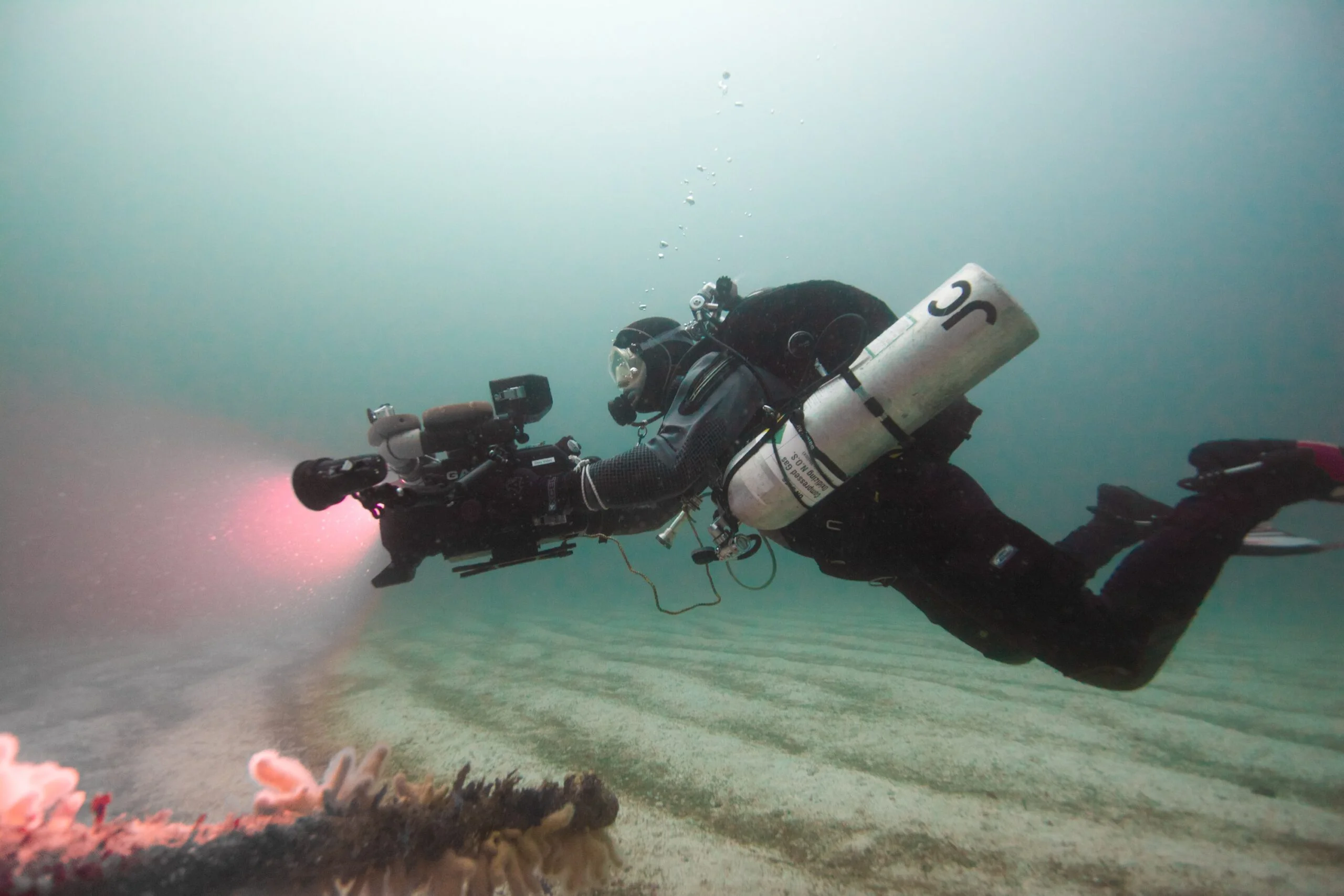
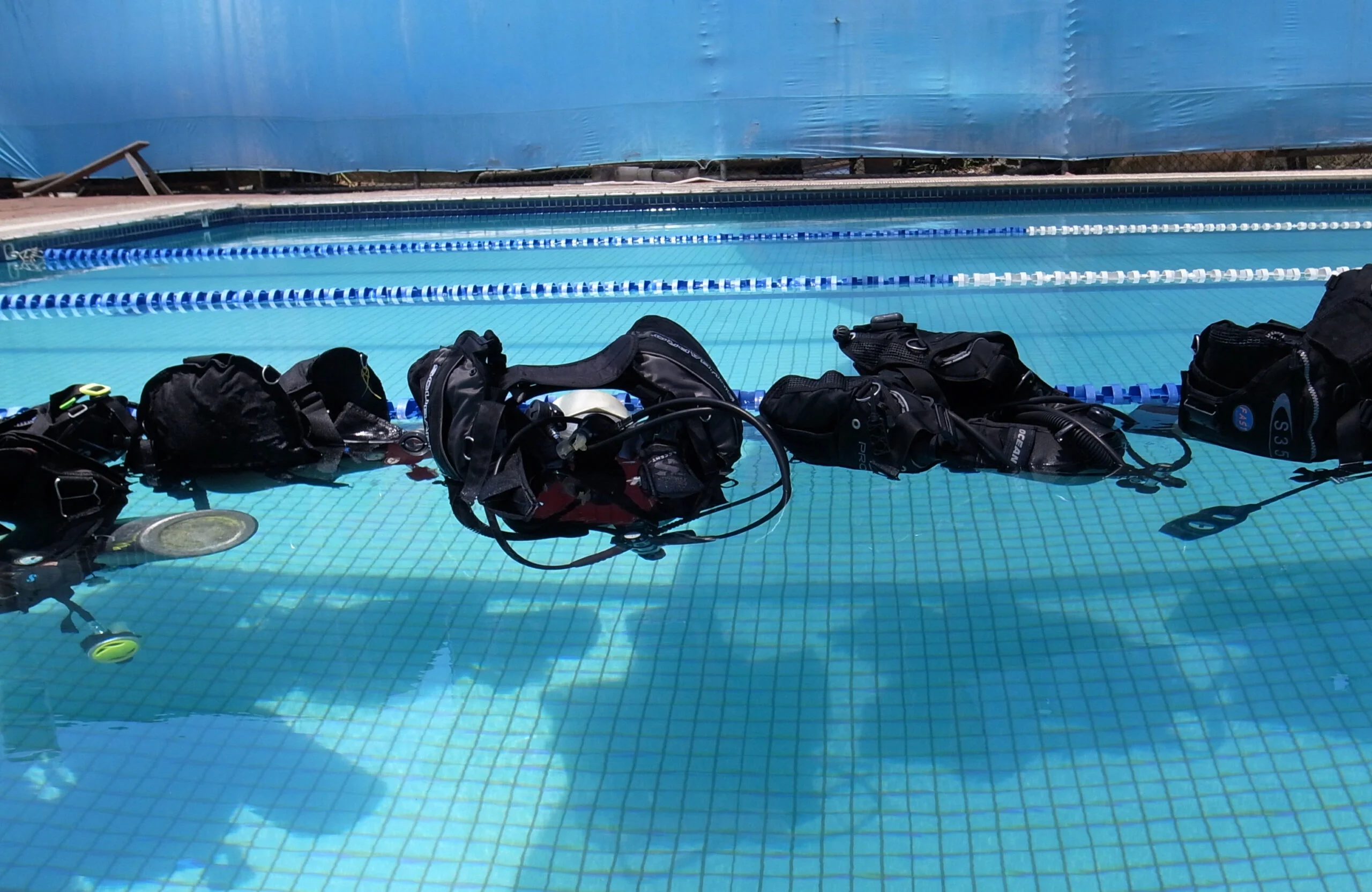


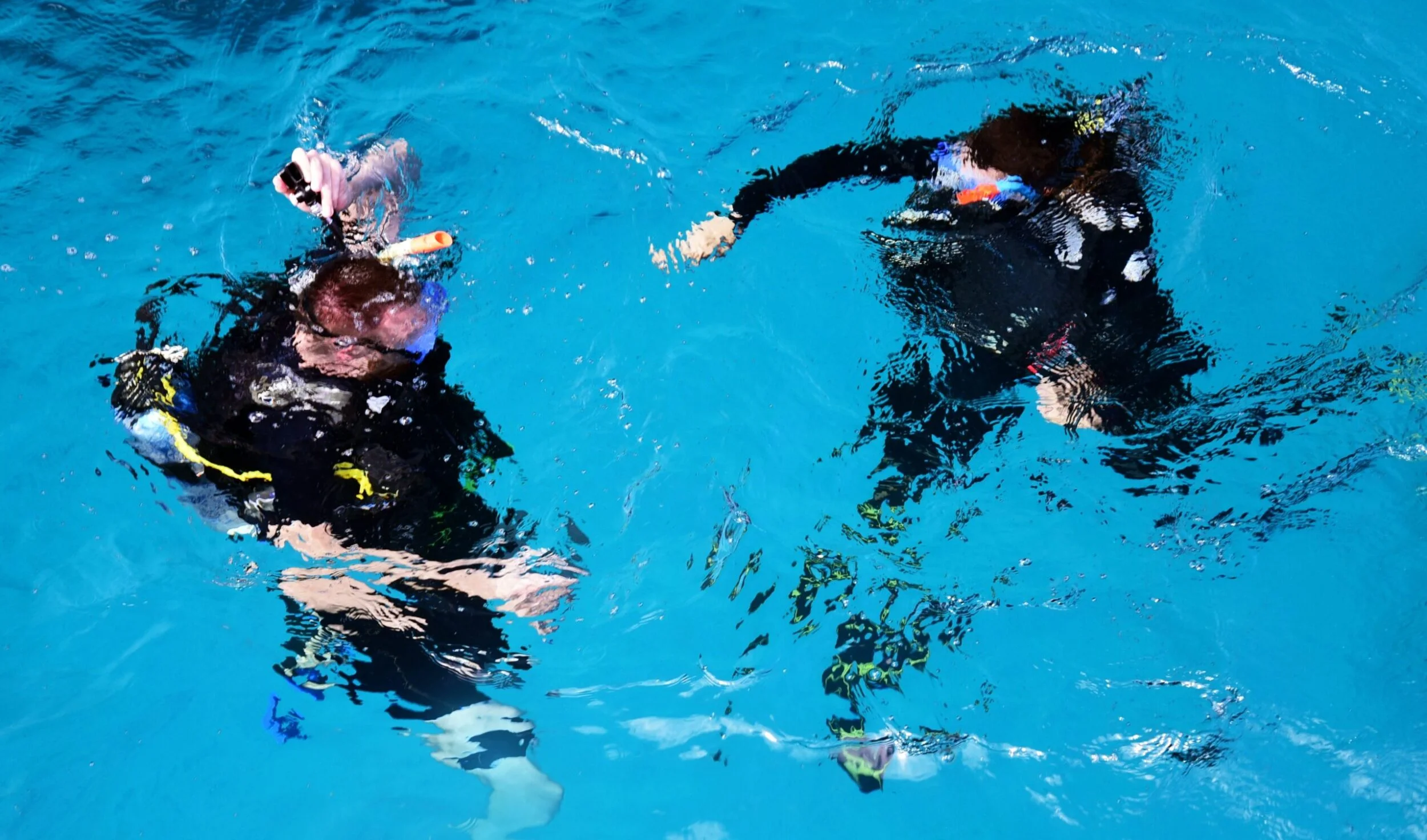
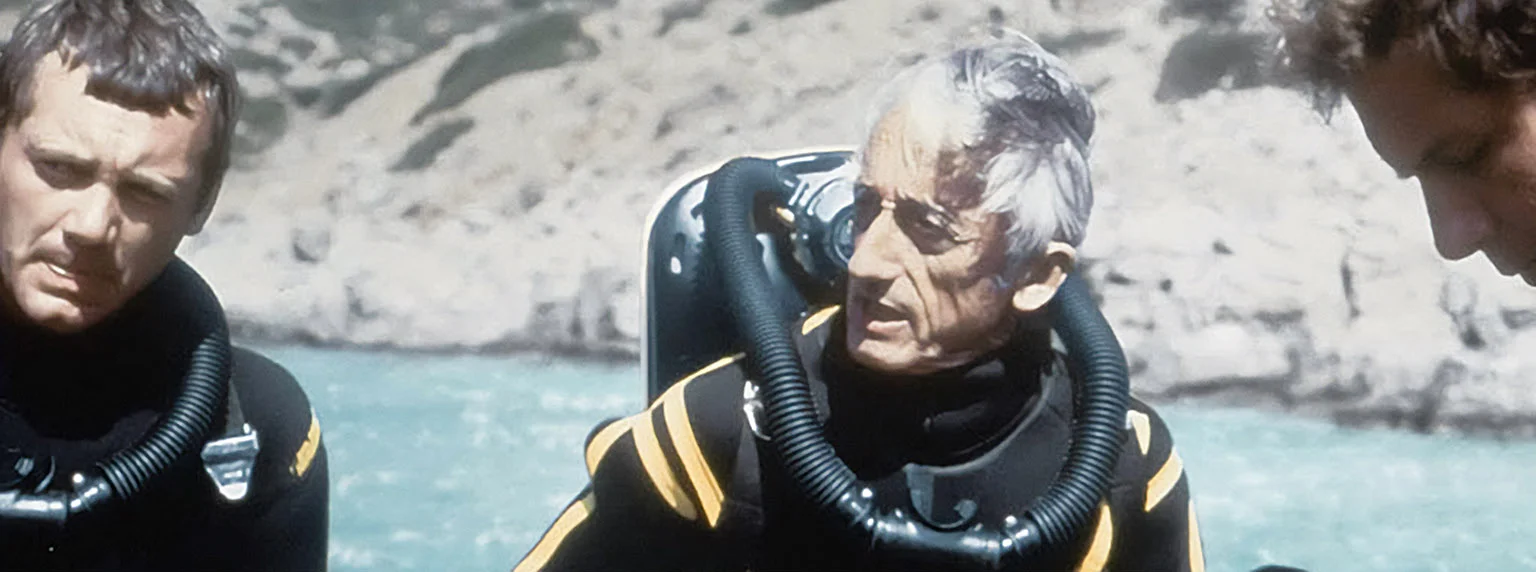

Leave a Reply